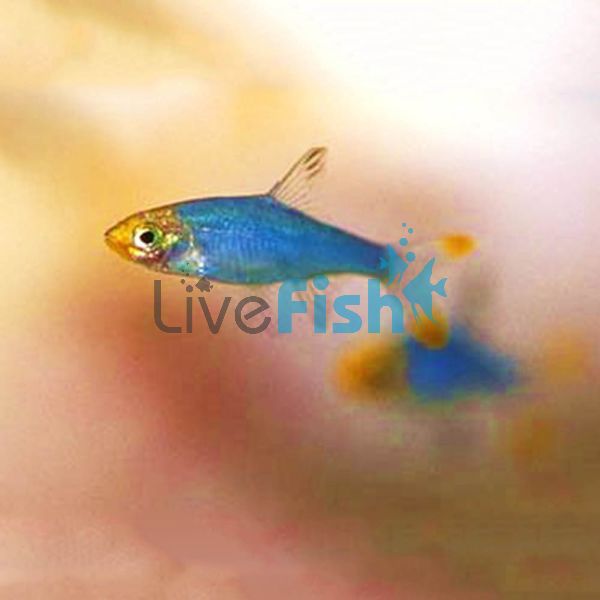Burmese Rummynose 3.5cm
The Burmese rummy nose is a criminally underrated species that is small, active, and a fantastic schooling species. This species is actually a part of the barb family and not a tetra, although it shares its name with one of the most popular tetra species. These Burmese rummy noses are a fairly recent entry into the aquarium hobby and are a naturally occurring fish which is almost unbelievable considering their colours.
- Buy 10 for $12.39 each and save 20%
- Buy 20 for $10.84 each and save 30%
Burmese Rummynose
The Burmese rummy nose is a criminally underrated species that is small, active, and a fantastic schooling species. This species is actually a part of the barb family and not a tetra, although it shares its name with one of the most popular tetra species. These Burmese rummy noses are a fairly recent entry into the aquarium hobby and are a naturally occurring fish which is almost unbelievable considering their colours.
Burmese rummynose are a stunning nano fish, their two predominant colours are such a unique find in naturally occurring fish. When mature, the body of this species is a bright sea blue with a jade green sheen; this sparkle really shimmers under aquarium lights. The rummynose part of their name comes from the bright orange face, which bears some resemblance to the South American rummynose tetra. The orange tone does make itself present in the fins and tail as well. Finally, the belly region can sport a metallic silver look which is actually more prominent across the body in younger fish but fades out with age. Burmese rummynose can be a more delicate fish, so they aren't the best recommendation for beginners in the hobby or new aquariums, but if you have an established planted tank, then these would be a showpiece consideration.
Breeding Burmese rummynose is relatively simple, as they follow a similar pattern to other tetra and Raspbora species. Providing a separate breeding tank with fine-leaved plants or a spawning mop will encourage the female to scatter her eggs. The male will fertilise the eggs, but neither parent will protect the eggs or fry. It is essential to remove the adult fish after spawning to prevent them from eating the eggs or young fish.
Tank Recommendations for your Burmese Rummynose
As Burmese rummynose are small and enjoy being in groups, a minimum tank size of 70 litres is recommended. These fish are active swimmers and will appreciate a well-planted tank with plenty of open space for swimming.
A soft, sandy substrate with driftwood and rocks for hiding is also ideal. Burmese rummynose prefer slightly acidic water with a pH of 6.0-7.0 and a temperature between 22-28° C.
Suitable Tank Buddies
Burmese rummynoses are generally peaceful and can be kept with a wide range of similarly sized, non-aggressive fish species.
Usually Compatible
Small tetras, rasboras, guppies, mollies, platies, small barbs, corydoras, and small peaceful catfish.
Sometimes Compatible
Larger tetras, angelfish, and gouramis may sometimes be compatible but could pose a threat due to their size or territorial nature.
Rarely Compatible
Predatory fish, aggressive cichlids, or any fish large enough to eat the Burmese rummynose should be avoided.
Feeding your Black Burmese Rummynose
Burmese rummynose are omnivorous and will accept a wide range of foods. A balanced diet consisting of high-quality flake or micro-pellet food, supplemented with live along with frozen foods such as brine shrimp, daphnia, or bloodworms, will keep them healthy and vibrant.
| Scientific Name | Sawbwa Resplendens |
|---|---|
| Care Level | Easy |
| Common Names | Burmese Rummynose, Rummynose Raspbora, Rummynose Barb, Sawbwa barb |
| Diet | Omnivore |
| Fish Family | Cyprinidae |
| Lifespan (years) | 5 |
| Max. Length (cm) | 3.5 |
| Min. Tank Volume (l) | 70 Liters |
| Origin | South America |
| Sociability | Peaceful |
| Venomous | No |
| Water Conditions | 24-28° C, pH 6.0 - 7.0 |
| Plant Safe | Yes |




